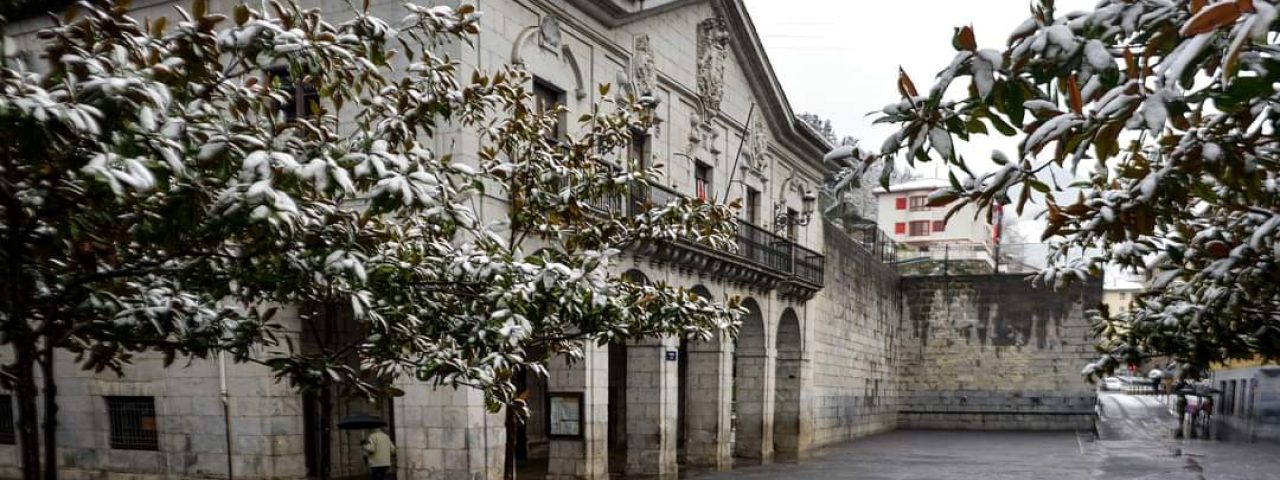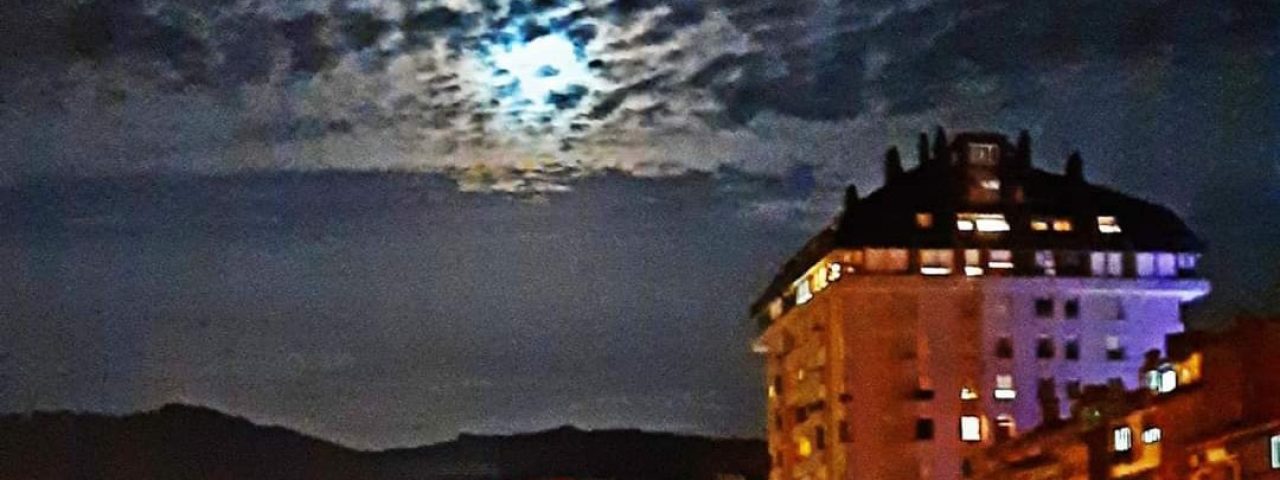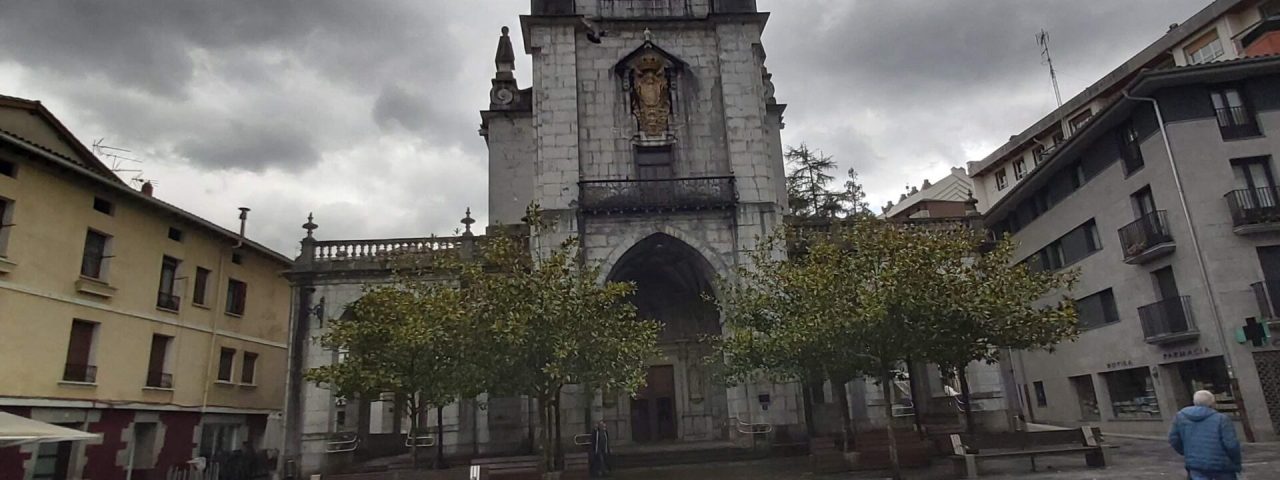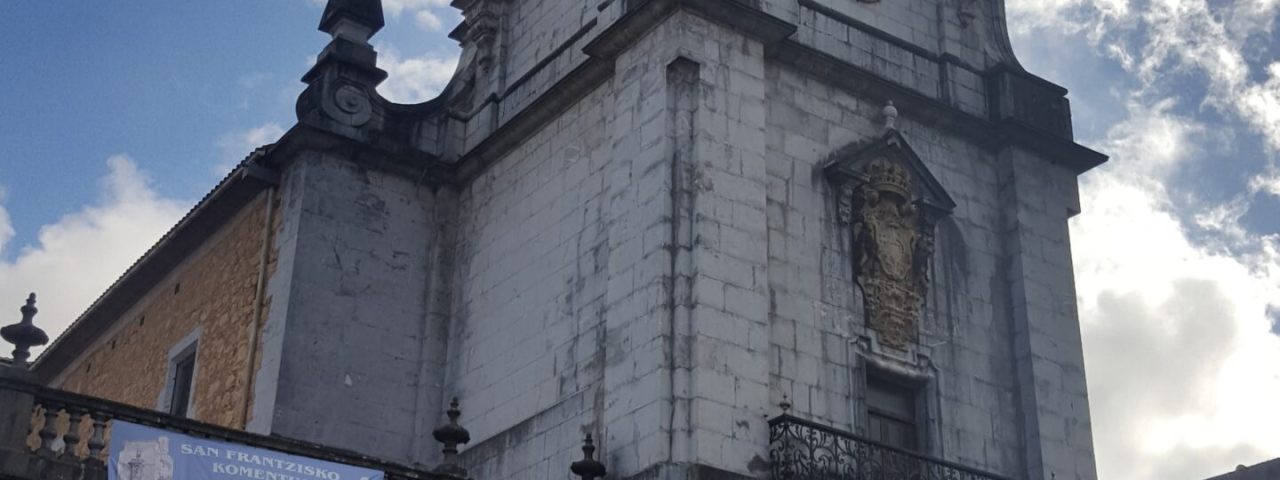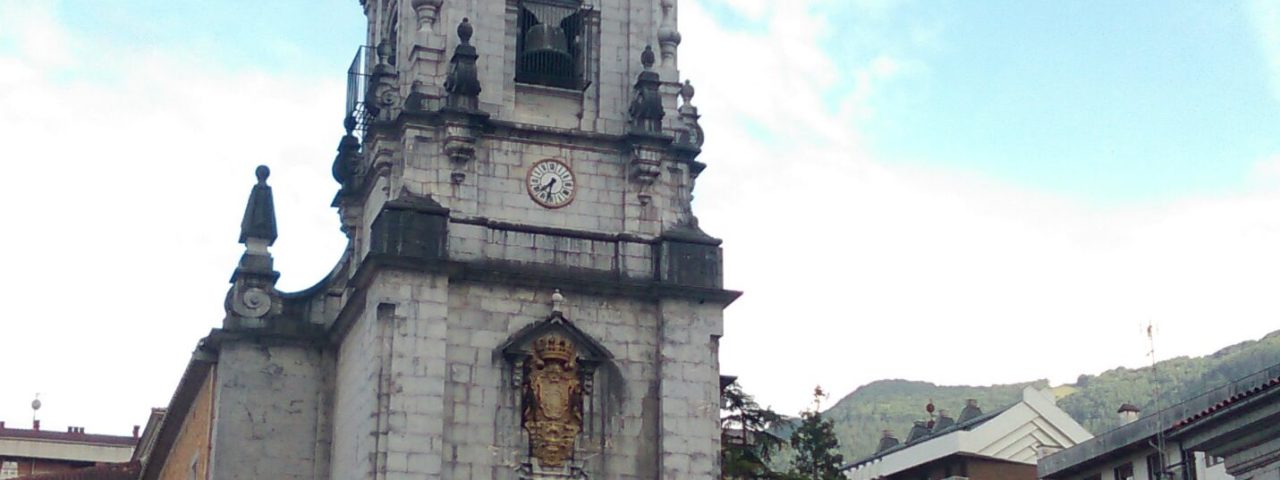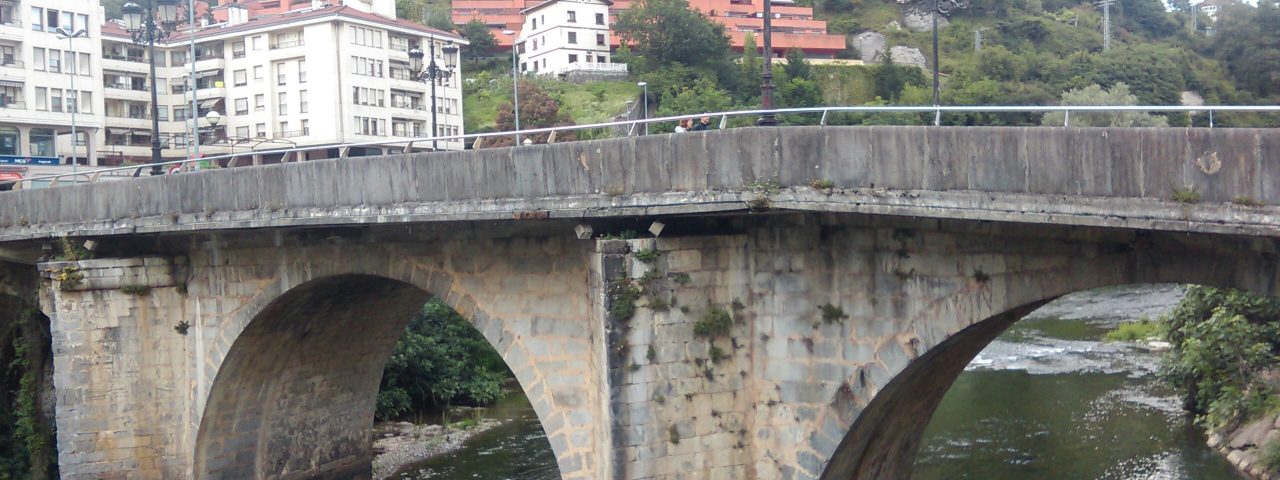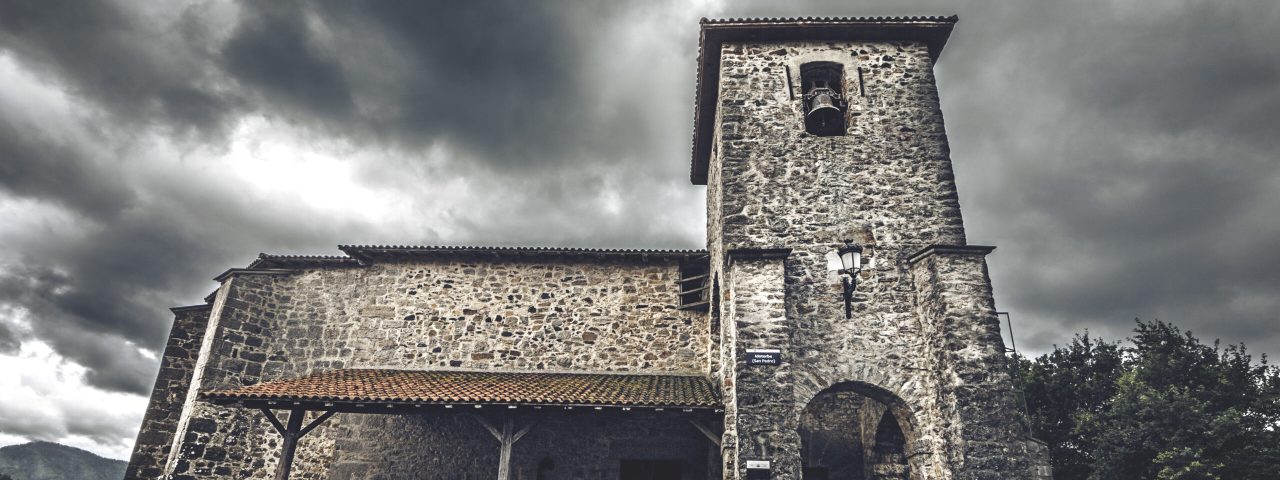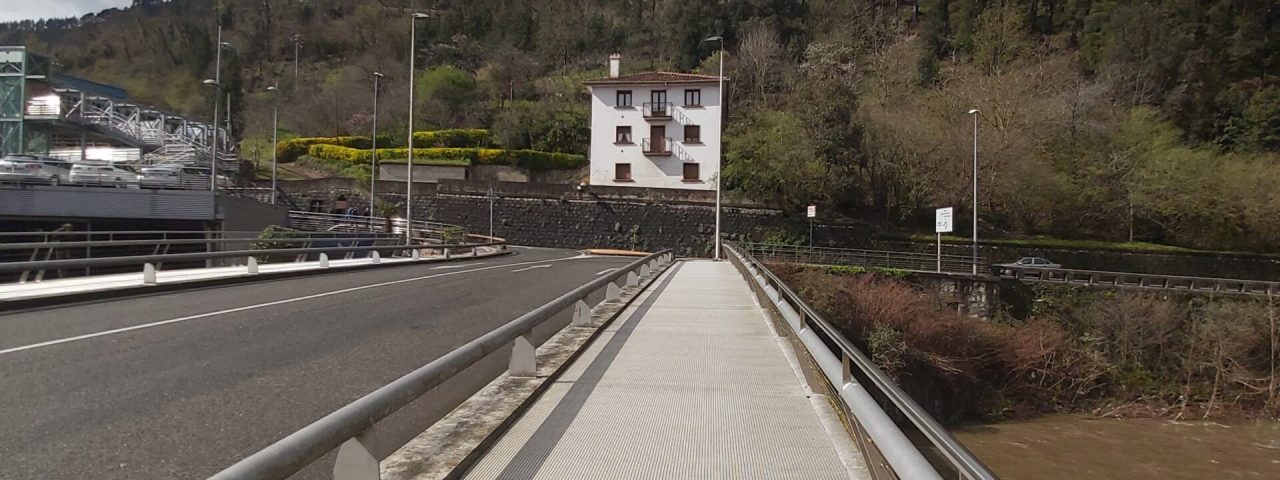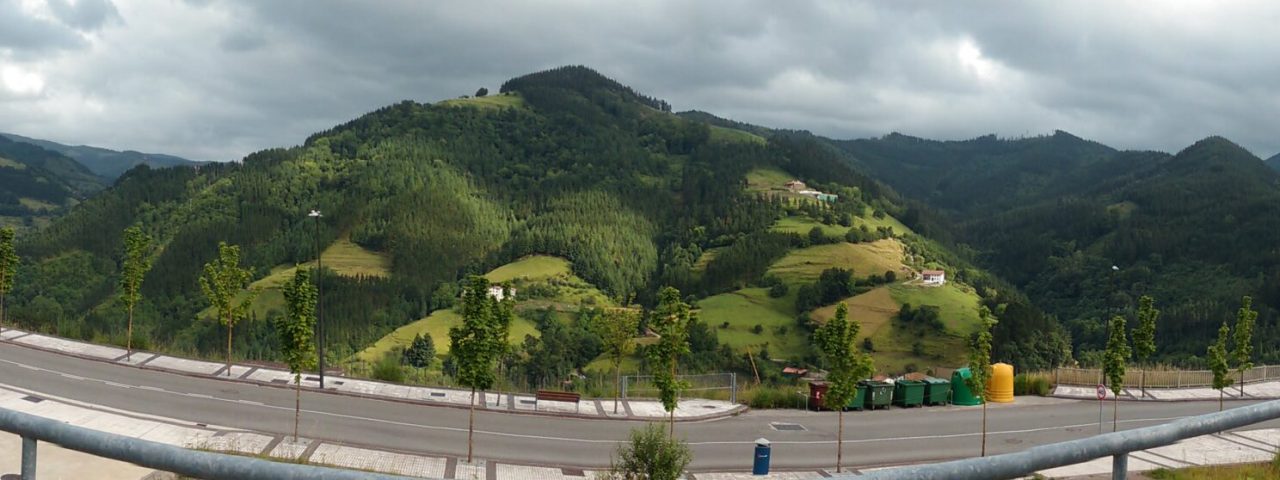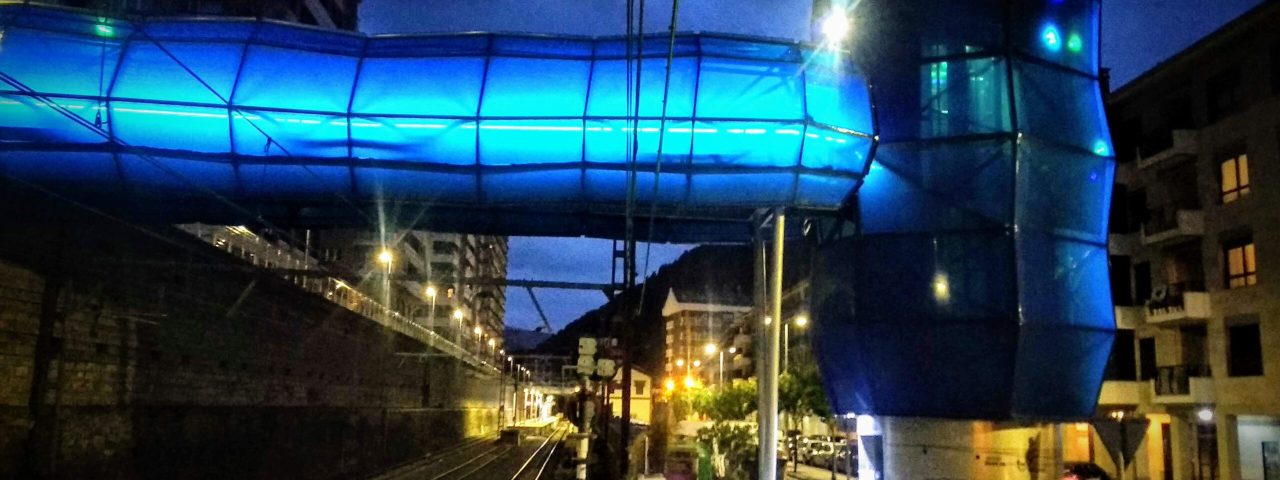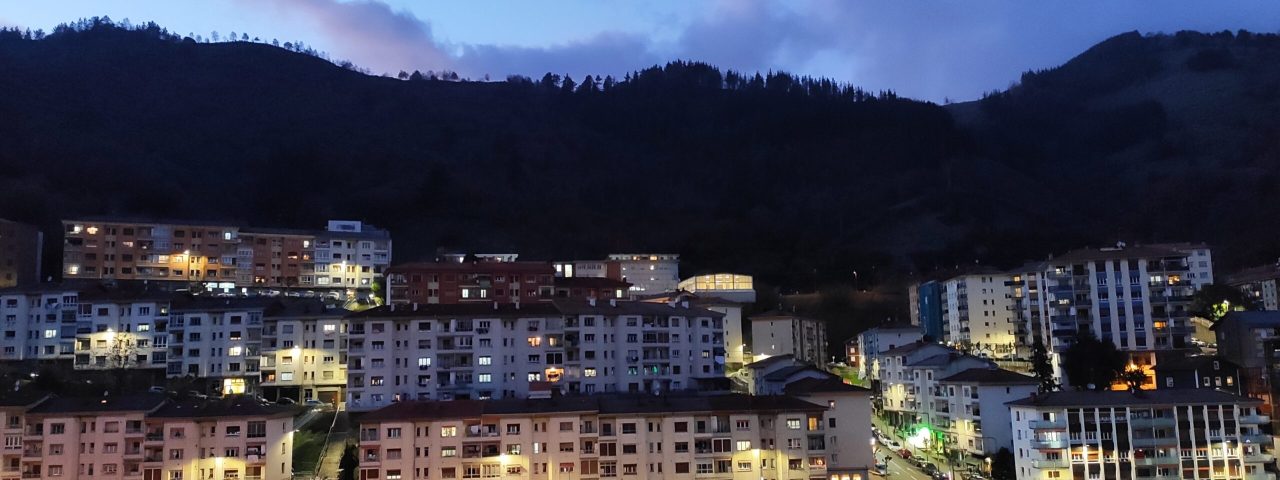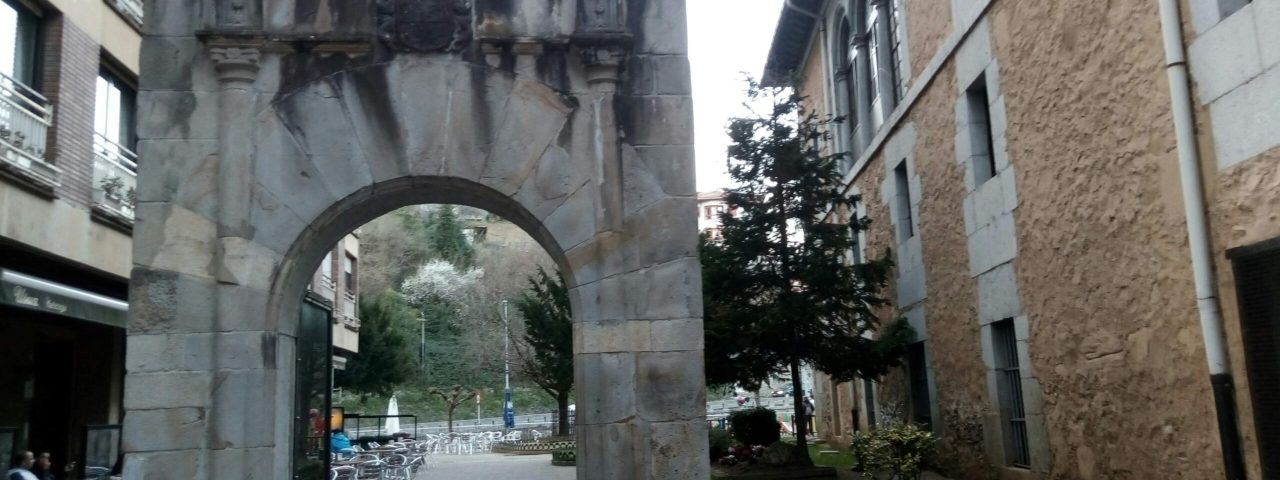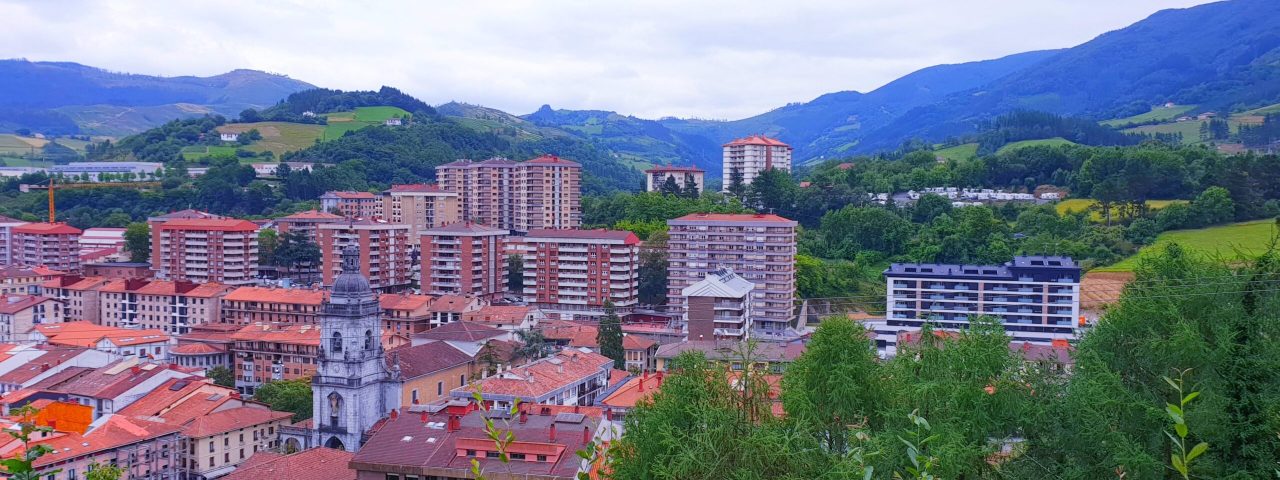Elgóibar has a rich history dating back to its founding in 1346 by Alfonso XI of Castile. It has long been known for its role in the steel industry, which dates back to the Middle Ages when the region was a hub for sword-making. Over time, the town became an important center for industrial development, particularly in the machine-tool industry, which remains a key part of its economy today. This industrial heritage is celebrated in local museums and cultural centers, reflecting the town’s dual identity as both a historical and modern industrial hub.
Culturally, Elgóibar is deeply rooted in Basque traditions. The town celebrates numerous festivals throughout the year, with highlights including San Bartolomé Day in August, which features traditional Basque sports such as stone lifting and wood chopping, as well as cultural performances, music, and local cuisine. Other notable events include the Carnival season, when locals dress in elaborate costumes and the town comes alive with parades and street performances.
Local customs in Elgóibar reflect the broader Basque culture, which is characterized by a strong sense of community, family ties, and deep respect for local traditions and language. The Basque language, Euskara, is widely spoken alongside Spanish, and visitors will often encounter bilingual signs and menus, offering an authentic taste of local life.
